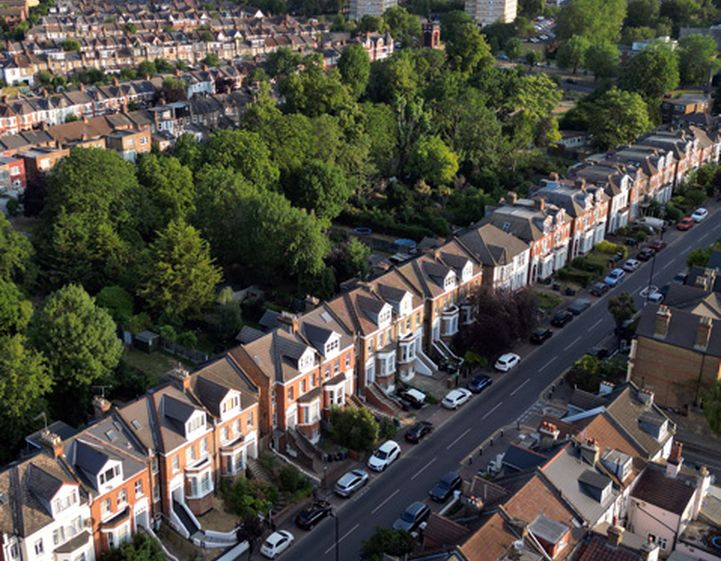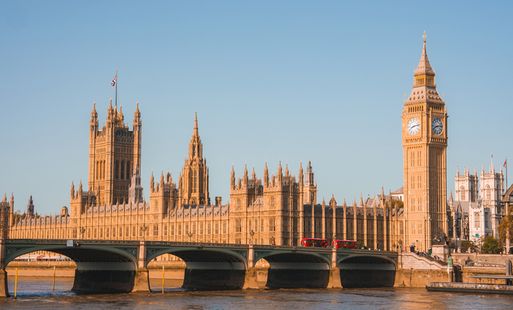Public Health Policy

Policy and advocacy for the nation's health
RSPH exists to improve the health of the public, and the greatest improvement can only be delivered through societal change – whether that is Government action, business reform, or changes to public attitudes. We strive to secure and promote this societal change through our policy and research.
Download our policy reports
RSPH regularly publishes reports at the forefront of public health.
Find out more
Public Health Workforce Week
Each year, RSPH leads a week-long celebration of the vital work done by the public health workforce.
Learn more
Join our healthy places campaign
You can support us to create a place for health in every setting and help drive a revolution in how we think of and deliver health support, enabling people to build healthier lives, rather than just preventing ill health. If you want to be part of that revolution, sign up below.
Sign up
Press and enquiries
For press, media or policy-related enquires, please contact us at [email protected] and we will get back to you as soon as possible.
Partnerships
RSPH partners with other organisations to maximise its impact on public health. We are currently partnering with Pfizer on a project aiming to examine the barriers to vaccine uptake and recommend solutions – see more details here.
If you would like to partner with us, please email [email protected].







